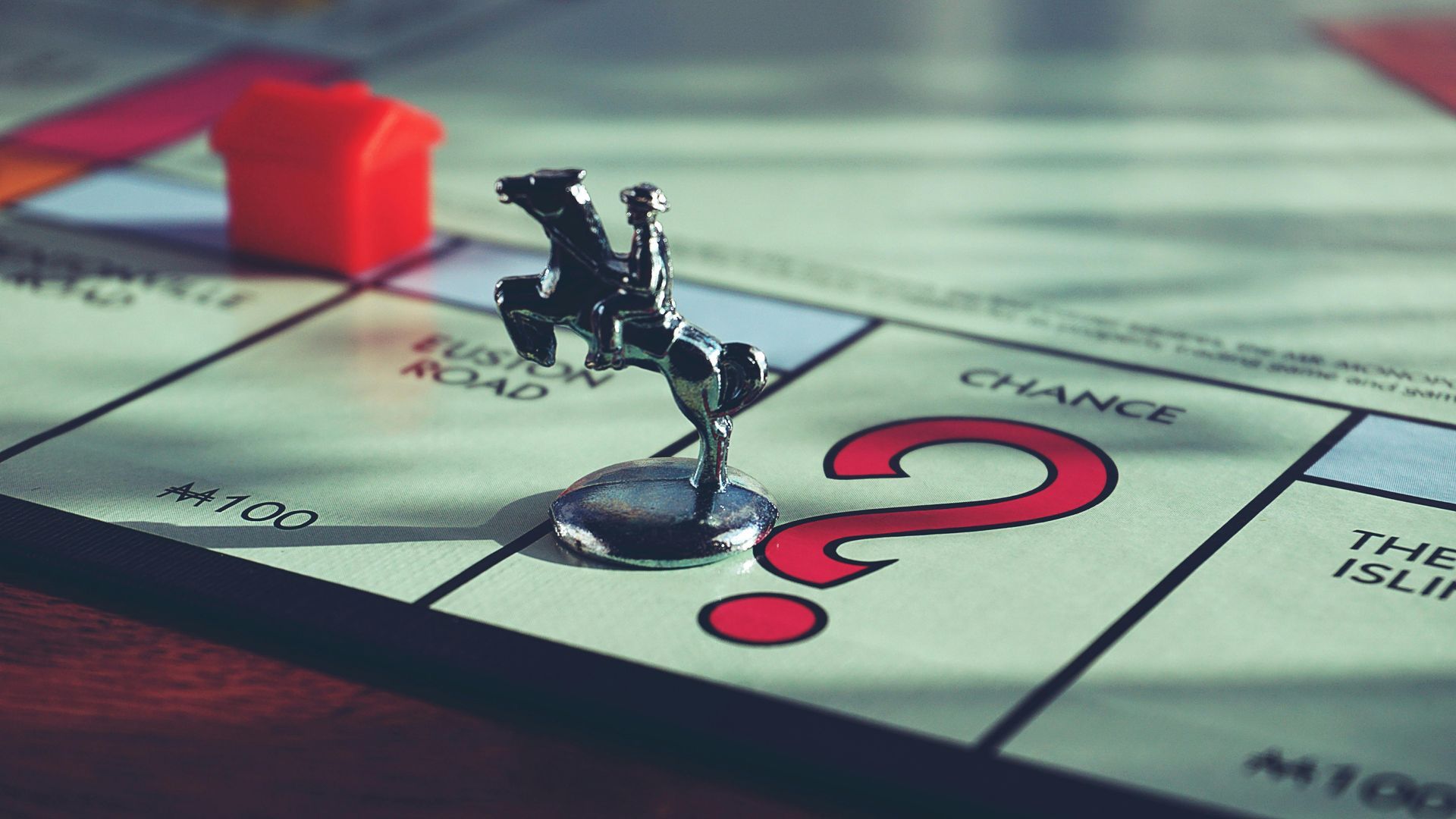Introduction: The Digital Landscape and Mental Health
Welcome to the age of digital connectivity, where social media has woven itself into the fabric of our lives. While the internet has revolutionized the way we communicate, learn, and express ourselves, its impact on our mental health is a subject of growing concern. In this blog post, we will delve into the lasting effects of social media use on mental health, exploring both its potential drawbacks and the strategies we can adopt to nurture our well-being in the digital realm.
Exploring the Many Faces of Social Media Use
Social media is a versatile tool that serves various purposes in our lives. From staying connected with family and friends to discovering new interests and engaging with the global community, it has become a platform for self-expression, education, and entertainment. Whether it's sharing life updates, participating in discussions, or enjoying creative content, social media allows us to connect with the world in unprecedented ways.
Unmasking the Shadows: Harmful Effects of Social Media on Mental Health
However, beneath the surface of the seemingly perfect online world, lie potential challenges to our mental well-being. One of the most prevalent issues is the comparison trap. Scrolling through carefully curated profiles can lead to feelings of inadequacy and self-doubt. Witnessing others' achievements, adventures, and happiness can inadvertently foster negative self-perception.
Cyberbullying, another negative aspect, takes its toll on mental health. Online harassment can lead to anxiety, depression, and isolation. The constant connectivity, though convenient, can blur the boundaries between work and personal life, leading to burnout and stress. Additionally, the dopamine-driven nature of social media, where each notification offers a quick burst of pleasure, can foster addictive behaviors that impact our focus and emotional well-being.
Embracing Digital Well-being: Navigating Social Media Mindfully
Despite these challenges, the good news is that we can navigate the digital landscape mindfully and foster positive mental health while using social media. Here are some strategies to consider:
1. Set Boundaries: Establish designated times for social media use. Avoid checking your accounts first thing in the morning or right before bed to maintain a healthy balance.
2. Curate Your Feed: Unfollow accounts that make you feel inadequate or anxious. Fill your feed with content that uplifts and inspires you.
3. Practice Digital Detox: Dedicate regular intervals to disconnect from social media. Use this time for hobbies, exercise, or spending quality time with loved ones.
4. Engage Authentically: Focus on meaningful interactions rather than chasing likes or followers. Engage in conversations that resonate with you and contribute positively.
5. Practice Self-Compassion: Remind yourself that what you see on social media is a curated snapshot of others' lives. Embrace self-compassion and acknowledge your own journey.
Supporting Your Loved Ones: Strategies for Care and Empathy
If you notice someone close to you struggling with the impact of social media on their mental health, there are several ways you can offer support:
1. Listen Non-Judgmentally: Create a safe space for them to express their feelings without judgment. Let them know you're there to listen and understand.
2. Encourage Open Conversations: Initiate discussions about the potential impact of social media on mental health. Sharing experiences can help reduce feelings of isolation.
3. Offer Resources: Share reputable articles, online communities, and mental health resources that can provide additional support.
4. Suggest Professional Help: If their mental health is significantly impacted, encourage them to seek professional guidance from therapists or counselors experienced in digital-related stress.
Finding Resources and Support
It's important to remember that support is readily available. If you or someone you know is struggling with the impact of social media on mental health, consider reaching out to:
- Licensed Therapists: Trained therapists can help you navigate the emotional challenges of the digital age and develop coping strategies.
- Crisis Hotlines: In times of crisis, helplines offer immediate support and guidance.
- Online Support Groups: Virtual communities focused on mental health can provide a sense of belonging and understanding.
Conclusion: Crafting a Positive Digital Narrative
The relationship between social media and mental health is nuanced, but with awareness and intention, we can shape a positive digital narrative. By practicing mindful engagement, setting boundaries, and offering support to ourselves and our loved ones, we can harness the power of the internet to uplift, inspire, and connect. As we navigate the ever-evolving digital landscape, let's prioritize our mental well-being, foster authentic connections, and embrace the promise of a more balanced online experience.











